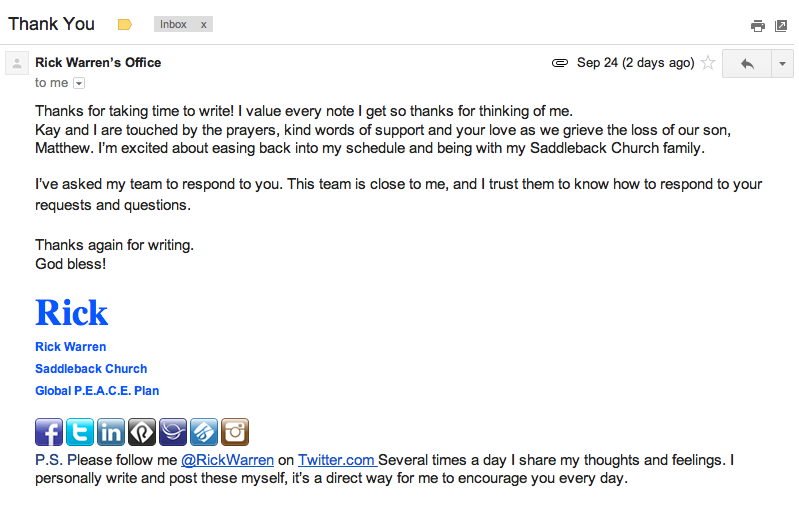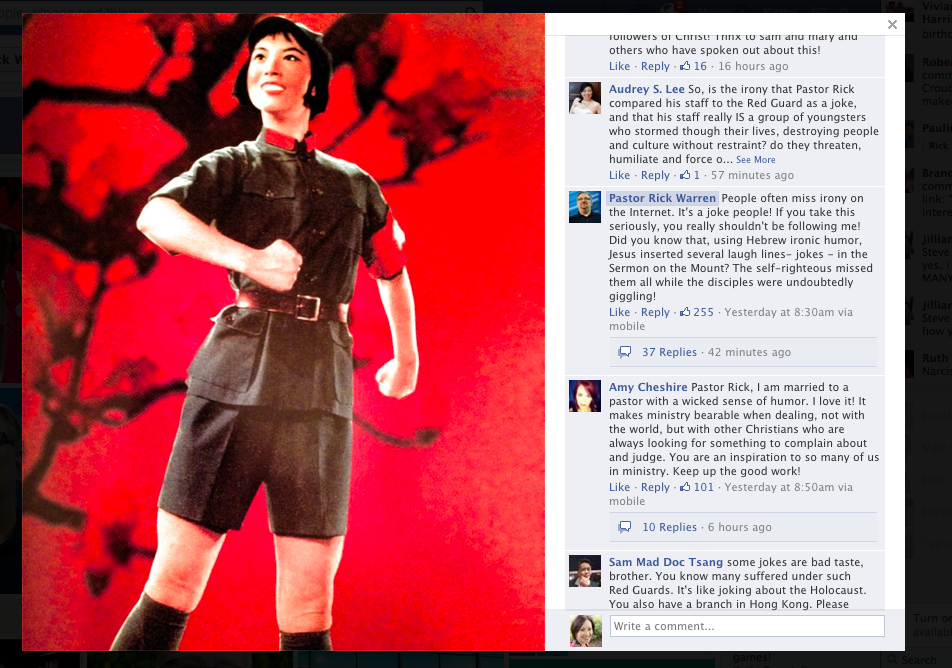I was nervous. I’d be lying if I told you otherwise. It’s one thing to meet some of your favorite authors (I got pictures with and autographs of Lauren Winner, Shauna Niequist, and Rachel Held Evans. #fangirl). It’s another thing to realize your voice will be heard alongside theirs, sharing space and time in real life.
Prepping to speak at Q Focus: Women & Calling last Friday involved prayer, study, journaling, yoga, prayer, red wine, outfit & accessory consulting, procrastination, and more prayer. The conversations I had with myself and with God were fraught with self-doubt, insecurity, anxiety, arrogance, confusion, and humility. And wouldn’t you know I was asked to speak about ambition.
Things I learned (some of these are things I have learned before but clearly needed a refresher course):
- No matter how much you prepare, nothing can prepare you for a late-night call the night before a big “thing” letting you know your husband is in an ambulance headed to the hospital.
- I am incredibly blessed by friends who say “let me know if you need anything” and really mean it.
- The little things – a note in my luggage, texts and emails of encouragement from friends, a lovely meal with strangers who become friends, and brief FaceTime exchanges – mean a great deal more to me than I can express.
- Honesty & vulnerability is scary, but they can break down barriers.
- Female conference speakers do have to spend more time considering wardrobe options and ask about the mic. I wore a dress, which meant the wireless mic transmitter hung from the back of my neck. I also had to think about hemline length & shoes. Men always wear pants, so they don’t have to think about it.
- You can never pray too much.
- I am afraid of failure. I was especially afraid of failure because as an Asian American woman I often feel like one of the few non-White voices so my failure is not just mine but my community’s failure.
- Despite 15 years of ministry experience and 20+ years of public speaking experience, I take note of how many speakers are non-White, and I still have to work through feeling like the token.
- Conference directors having a tough time finding diverse voices should use the internet more often. At this event I found 11 female conference speakers, including three who are women of color.
Many of you dear readers have asked me if I was nervous, how I thought it went, what I wore, and in general what was it like.
I was nervous, until I actually got up on stage and started talking. For those of you who weren’t able to be there or see it live-stream (I was honestly annoyed that my husband paid to see me speak because I know there are plenty of days he can hear me for free and would rather not!), I got up on stage and tried to take a photo of the audience because the women were beautiful. It was such an incredible moment to look out at a room of women who were able to invest a day to spend with friends and strangers to faithfully seek out clarity and community. I am still thinking about how our world might change if everyone who was there in person or virtually took one more step towards God’s calling on their lives…
The talk went well, meaning it’s never as bad or as good as you might think. I did realize that I did not ask anyone beforehand to listen with the intent of giving me feedback. So, if you watched me speak, I WOULD APPRECIATE YOUR CONSTRUCTIVE FEEDBACK! You can do it in the comments or email me at morethantea “at” gmail “dot” com.
With my daughter’s permission and approval I wore a grey and black patterned sheath dress with a black cardigan, a fun silver necklace, nothing on my wrists, stud earrings, and dark red patent pumps.
And walking into the room felt a little like what I have always imagined sorority rush might feel like (I did not rush because I had never heard of the Greek system, having been the first in my family to attend college in the U.S.). It was a bit like the 18-year-old me showed up for a few minutes – anxious, nervous, self-conscious, insecure, wondering what I was doing there. And then I found myself praying for God to bring “me” back – the 43-year-old me who can acknowledge the brokenness with a different perspective.
To my delight, and no surprise there, I found myself simultaneously sitting at Jesus’ feet and in front of an incredible audience sharing from my heart and mind what God has been teaching me all along. And that will not be taken away from me.
How is God inviting you to sit at Jesus’ feet to find your voice and calling? What are you learning about yourself in the process?


 8:06 PM (14 hours ago)
8:06 PM (14 hours ago)


